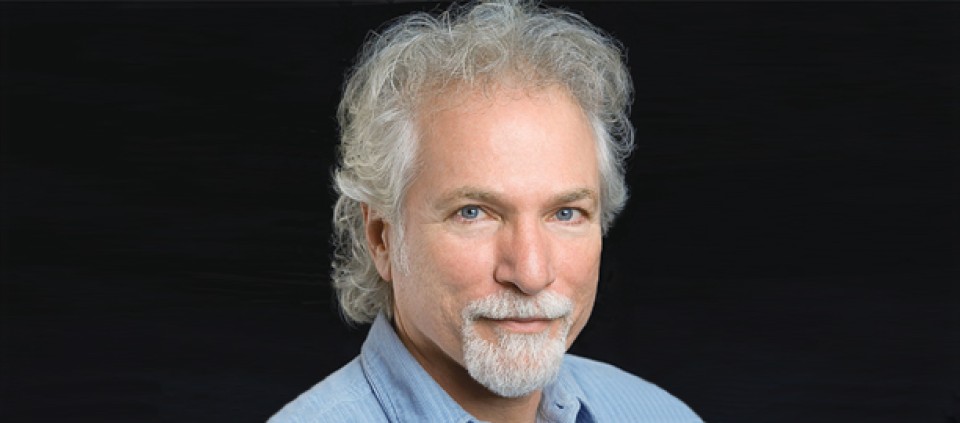Turning Point Q&A with Rubin Naiman

Rubin Naiman, PhD, is the sleep and dream specialist and clinical assistant professor of medicine at the University of Arizona’s Center for Integrative Medicine, directed by Dr. Andrew Weil. He maintains a private practice and provides consultation and training internationally. He is author of Healing Night and, with Dr. Andrew Weil, Healthy Sleep, and creator of The Sleep Advisor, a software program addressing sleep disorders.
Describe what you do in 15 words or less.
I teach about the tree of daily life being rooted in the ground of nightly sleep.
Tell us about a turning point in your life.
Well, I’d have to say my life feels like a series of ongoing turning points. (Hmm … maybe that’s why it sometimes looks like I’m going in circles, or, preferably, spirals?) The notion of the highway of life has never fit for me. It’s not a straightaway. It’s more like a twisty mountain road filled with sudden turns, steep ledges, and amazing vistas. Thank God there are rest stops all along the way—at least for those of us who are on friendly terms with sleep.
What do you love about teaching?
Despite appearances, I believe there is no real distinction between teachers and students. Teaching happens when two or more people are gathered in the name of genuine curiosity. I always learn a lot from my students’ curiosity, their questions, their experiences, and their willingness to explore.
What are you passionate about right now?
I’m just finishing a new book, The Lion Sleeps Tonight: A Book of Bedtime Reflections. So many people struggle with trying to get their large and wild lives to sleep. This book distills the essence of that natural primal process.
What do you do in your downtime?
I love hanging with my grandkids, I hike at dawn just about every day, and over the past couple of years I’ve become interested in photography—mostly nature photography. I’m especially taken by birds because their being is not at all separated from their environment.
© Kripalu Center for Yoga & Health. All rights reserved. To request permission to reprint, please e-mail editor@kripalu.org.